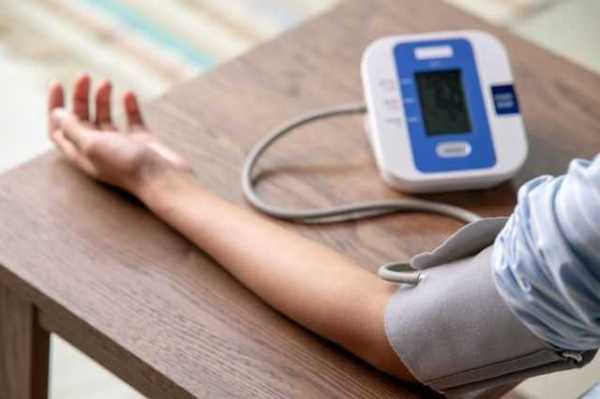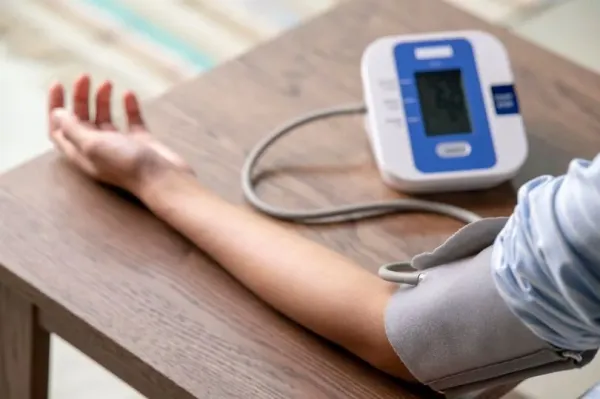
Experts have revealed that doing just five minutes extra of an activity every day could both lower your and protect your heart. According to a new study, taking part in an additional amount of physical exercise can have a big impact on cardiovascular health.
This doesn’t need to be high-intensity exercise though. Even simple activities such as stair-climbing and brisk walking were found to have a protective effect.
As part of the study, which was published in the journal , researchers from the University of Sydney and University College London analysed data from more than 14,000 volunteers across five countries. Participants wore monitoring devices on their legs to record 24-hour movement behaviours across six different types: sleep, sedentary activity, standing, slow walking, fast walking, and exercise-like activities (like running or cycling).
READ MORE:
READ MORE:
Their blood pressure was also recorded, and adjustments were made for anyone taking blood pressure medication. The study found that small increases in exercise-like activities - just five additional minutes per day - were associated with lower blood pressure, regardless of the behaviour it replaced.
A mere five minutes of exercise led to a slight reduction in blood pressure (about 0.68 mm/Hg systolic and 0.54 mm/Hg diastolic). As would be expected, spending more time being sedentary - for instance, sitting down all day at work - was linked to a higher blood pressure.
However, more time sleeping was also associated with a lower blood pressure. Larger reassignments of time, like replacing 20 to 27 minutes of other activities with exercise, showed even greater blood pressure reductions.

And the more vigorous the physical activity, the greater the reduction. The researchers estimated that this small amount of movement could reduce your risk of cardiovascular disease by up to 28 percent.
Professor Emmanuel Stamatakis, director of the ProPASS Consortium, which conducted the study, said in a media release: “High blood pressure is one of the biggest health issues globally, but unlike some major causes of cardiovascular mortality there may be relatively accessible ways to tackle the problem in addition to medication.”
Even if you don’t enjoy traditional workouts, the researchers say incidental exercise like taking the stairs or walking briskly to the store can make a big difference. First author Dr Jo Blodgett from UCL said: “Our findings suggest that, for most people, exercise is key to reducing blood pressure, rather than less strenuous forms of movement such as walking.

“The good news is that whatever your physical ability, it doesn’t take long to have a positive effect on blood pressure. What’s unique about our exercise variable is that it includes all exercise-like activities, from running for a bus or a short cycling errand, many of which can be integrated into daily routines.”
To reduce your blood pressure, the recommends you:
If you are concerned about your blood pressure you should speak to your GP.